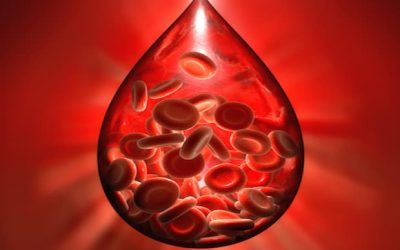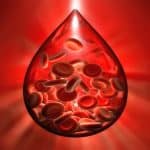MSD’s immunotherapy Keytruda has gained UK National Institute for Health and Care Excellence (NICE) backing as a first-line treatment for certain colorectal cancer patients.
The PD-1 inhibitor has been recommended for NHS use for the treatment of adults with previously untreated metastatic colorectal cancers with high levels of microsatellite instability (MSI-H) or DNA mismatch repair deficiency (dMMR).
In the Phase III KEYNOTE-177 clinical trial, Keytruda (pembrolizumab) was found to slow or halt progression of metastatic MSI-H/dMMR colorectal cancers for on average 16.5 months, almost double the length of time as chemotherapy (8.2 months).
In addition, almost half of Keytruda-treated patients lived fo 24 months or more without their cancer progressing (48.3%) compared to 18.6% of chemotherapy patients.
MSI/dMMR markers occur when cells are unable to repair errors made during cell division, which can be caused by mutations in the DNA mismatch repair genes.
As a result, this inability to repair errors leads to tumours with many mutations, making the tumour potentially more visible to the immune system.
Each year, approximately 37,100 new cases of colorectal cancer are diagnosed in England and Wales. Around 22% of these cases are diagnosed as metastatic and an estimated 4-5% of stage IV colorectal cancers are MSI/dMMR.
“We are delighted that NICE has chosen to approve [Keytruda] for patients with metastatic MSI-H/dMMR bowel cancers. This is the first time a licensed immunotherapy has been made available for routine use on the NHS for bowel cancer, and could benefit hundreds of patients every year,” said David Long, oncology business director, MSD UK.
“This decision particularly offers hope to people diagnosed with Lynch syndrome, who have up to an 80% lifetime risk of bowel cancer, but who carry mutations that mean they are more likely to respond to immunotherapy,” he added.









